A Glimpse Into The Future: Exploring The Potential Fuel Efficiency Of The 2025 Toyota 4Runner Hybrid
A Glimpse into the Future: Exploring the Potential Fuel Efficiency of the 2025 Toyota 4Runner Hybrid
Related Articles: A Glimpse into the Future: Exploring the Potential Fuel Efficiency of the 2025 Toyota 4Runner Hybrid
Introduction
With great pleasure, we will explore the intriguing topic related to A Glimpse into the Future: Exploring the Potential Fuel Efficiency of the 2025 Toyota 4Runner Hybrid. Let’s weave interesting information and offer fresh perspectives to the readers.
Table of Content
A Glimpse into the Future: Exploring the Potential Fuel Efficiency of the 2025 Toyota 4Runner Hybrid
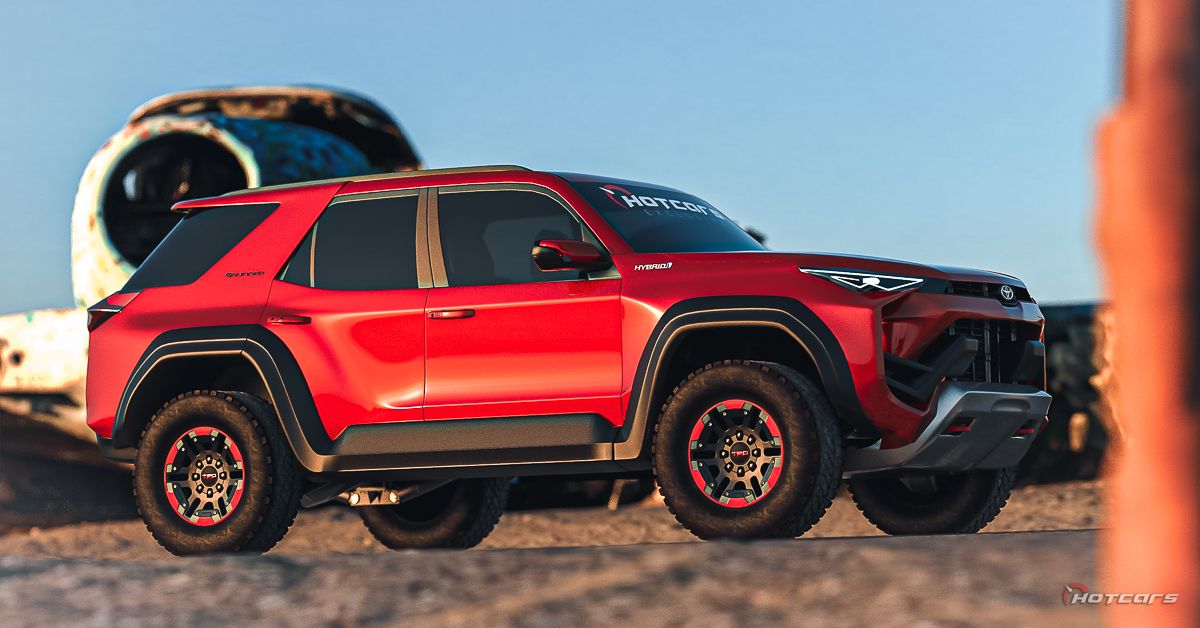
The Toyota 4Runner, a celebrated SUV known for its ruggedness and off-road prowess, is poised for a significant evolution. While specific details regarding the 2025 model remain under wraps, the introduction of a hybrid powertrain promises a compelling shift in its fuel efficiency, potentially offering drivers a compelling blend of performance and environmental responsibility.
The Drive Towards Efficiency: Understanding the Hybrid Advantage
Hybrid technology, a cornerstone of Toyota’s commitment to sustainable mobility, leverages the synergy between a gasoline engine and an electric motor. This collaboration results in reduced fuel consumption and emissions, a critical factor in today’s environmentally conscious automotive landscape.
Anticipating the 2025 4Runner Hybrid: Speculation and Potential
While concrete data regarding the 2025 4Runner hybrid’s fuel economy remains unavailable, informed speculation can shed light on its potential. Drawing upon Toyota’s established hybrid expertise, particularly in models like the Highlander and RAV4, it is reasonable to anticipate a substantial improvement in fuel efficiency compared to the current generation 4Runner.
Factors Influencing Fuel Economy: A Multifaceted Approach
Several key elements contribute to the fuel efficiency of a hybrid vehicle, and the 2025 4Runner is likely to benefit from these advancements:
- Engine Technology: The 4Runner hybrid will likely feature a refined gasoline engine, potentially incorporating direct injection and variable valve timing, to optimize fuel combustion and reduce waste.
- Electric Motor Integration: The electric motor, seamlessly working in tandem with the gasoline engine, provides additional power during acceleration and regenerative braking, capturing energy that would otherwise be lost.
- Hybrid System Optimization: Toyota’s advanced hybrid system, including sophisticated power management and energy flow control, ensures optimal utilization of both the gasoline engine and electric motor, maximizing fuel efficiency.
- Aerodynamic Improvements: Subtle design modifications, such as optimized grille shapes and reduced drag coefficients, can contribute to improved fuel economy by minimizing wind resistance.
- Weight Reduction: Employing lighter materials in the vehicle’s construction, while maintaining the 4Runner’s renowned durability, can lead to enhanced fuel efficiency.
The Broader Impact: Environmental Responsibility and Cost Savings
The 2025 4Runner hybrid’s enhanced fuel efficiency holds significant implications:
- Reduced Environmental Impact: By consuming less fuel, the 4Runner hybrid will emit fewer greenhouse gases, contributing to cleaner air and a healthier planet.
- Financial Savings: Lower fuel consumption translates to reduced fuel expenses, offering drivers substantial financial savings over the long term.
- Enhanced Sustainability: The 4Runner hybrid will become a more environmentally responsible option for those seeking a powerful and capable SUV without compromising on their commitment to sustainability.
Frequently Asked Questions
Q: Will the 2025 4Runner hybrid be as capable off-road as the current model?
A: While the hybrid powertrain may introduce some adjustments, Toyota is committed to preserving the 4Runner’s legendary off-road capabilities. Expect a robust system that balances efficiency with robust performance.
Q: How will the 4Runner hybrid’s range compare to the current model?
A: The hybrid system’s ability to supplement the gasoline engine with electric power is likely to increase the 4Runner’s overall range, especially in urban environments.
Q: Will the 2025 4Runner hybrid be significantly more expensive than the current model?
A: The price of the 4Runner hybrid is likely to be higher than the current model, reflecting the advanced technology incorporated. However, potential fuel savings and tax incentives may mitigate the added cost over time.
Tips for Maximizing Fuel Economy
- Drive Smoothly: Avoid aggressive acceleration and braking, as these actions consume more fuel.
- Utilize Regenerative Braking: The hybrid system captures energy during braking, contributing to overall efficiency.
- Maintain Proper Tire Pressure: Under-inflated tires increase rolling resistance, leading to higher fuel consumption.
- Minimize Cargo Weight: Excess weight burdens the engine, impacting fuel economy.
- Consider Driving Habits: Driving at moderate speeds and avoiding unnecessary idling can significantly improve fuel efficiency.
Conclusion
The 2025 Toyota 4Runner hybrid, while still shrouded in some mystery, promises a compelling evolution in the iconic SUV’s legacy. By embracing the benefits of hybrid technology, the 4Runner is poised to offer a compelling blend of off-road capability, fuel efficiency, and environmental responsibility. As we await further details about the 2025 model, the anticipation for a more sustainable and fuel-efficient 4Runner continues to grow, marking a significant step towards a greener future in the world of SUVs.
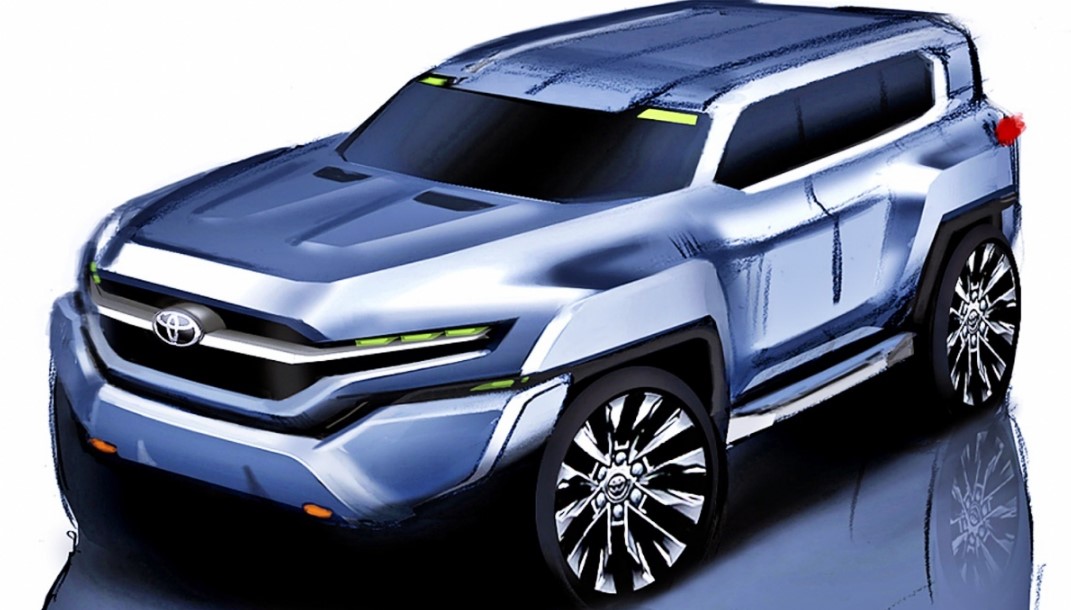

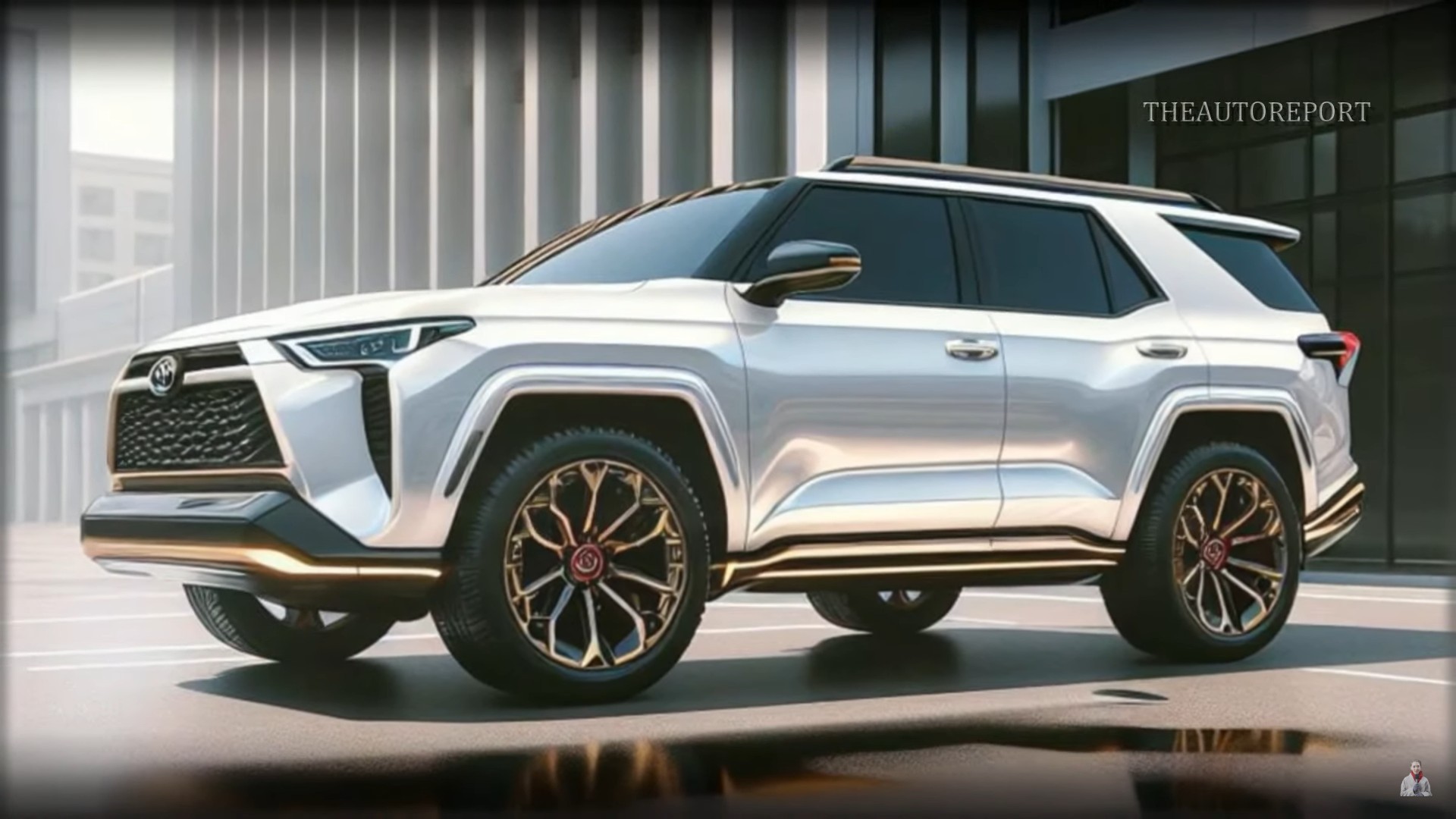

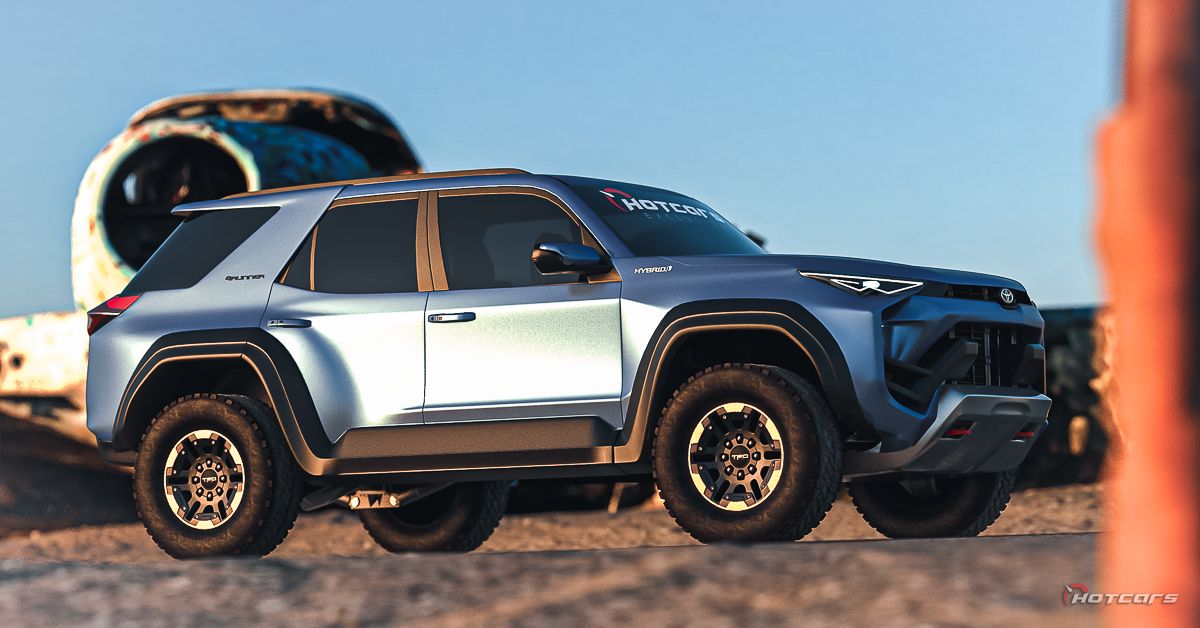

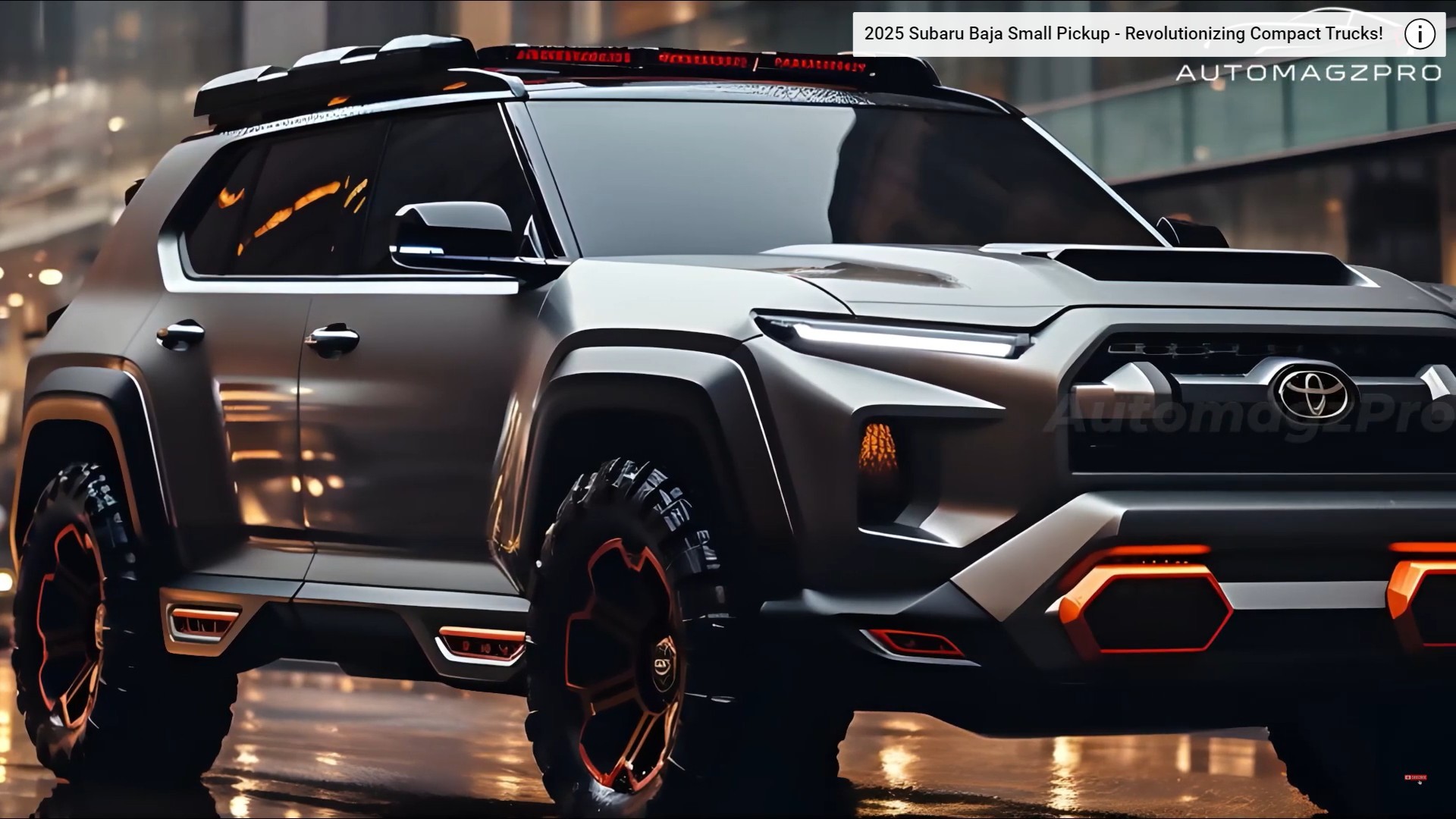

Closure
Thus, we hope this article has provided valuable insights into A Glimpse into the Future: Exploring the Potential Fuel Efficiency of the 2025 Toyota 4Runner Hybrid. We hope you find this article informative and beneficial. See you in our next article!